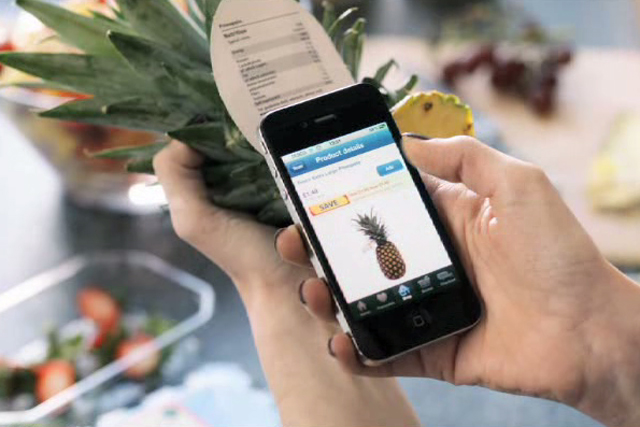
His address to a press conference on the day provided the first public glimpse of the man who took over the helm last month.
Clarke has a 35-year history with Tesco and led the company's international expansion. He has also worked as a store manager and in many other roles throughout the company.
Like his predecessor, Sir Terry Leahy, he comes from Liverpool, but yesterday admitted, "I will do things a little differently."
In a frank announcement he said the UK's largest supermarket had performed "below par" in its full year results, but insisted the issues were not "structural".
He said Tesco Bank, which has now separated from its partner RBS, was performing well, and would begin to offer mortgages from the autumn, with Tesco Bank branches opening in-store towards the end of the year or early next year. Many of Tesco Bank's operations will be automated.
Tesco marketplace will launch around the same time as in-store Tesco Bank branches, and offer third-party sales.
Laurie McIlwee, chief financial officer, said Tesco could offer something different to marketplace offerings such as Amazon, using stores as pick-up and drop-off points to make transactions easier.
The model is deliberately designed to be scalable and to operate in any market.
Clarke said he had six new priorities for the business on top of the group business plan, which he said he would be judged on.
He said: "There will be some change, as customers change, so must Tesco. We are equipping for global growth. We aim to integrate functions and build from the scale of the group."
The top priority is to focus on the UK. He said: "Performance is below par on any metric, it was not a great year," with expensive and non-essential items particularly affected, and like-for-like sales declining by 0.1% year on year.
"The UK remains challenging, which is not surprising as consumers are cutting back to make ends meet." Clarke estimates that raised commodity and oil prices have forced-up consumer spending equivalent to a 7% hike in income tax.
"The issue [for Tesco] is not structural – we offer a good trip, prices are competitive and new stores are strong.
"We need to get back to doing things first, and executing better in non-food, particularly electrical."
While 70% of the group's growth comes from sales in Europe and Asia, Clarke said he was confident US operations would turn a profit in 2012/13.
He said: "US losses have increased to £185m, but in 2011/12 we will have 30 profitable stores, and we have merged two suppliers to give profitability earlier."
Of the 8.4 square feet of new stores to open next year, 26% of that space will be in the US.
Clarke said the Fresh and Easy concept (the name for US stores) was "Brilliant, but moved away a little too much from the mainstream, and we are putting that right." One example he gave was fresh coffee and pastries in stores – a given at US retailers – but not at Fresh and Easy, which does now provide the refreshments.
He said the Japanese market remained a problem, compounded by the recent earthquake and Tsunami. "We will not commit more capital until we see a way to win," he said.
Marketing activity will remain centred around the "Every little helps" tagline, with new lines in food, he promised.
Asked if Clarke's new frankness meant a new, cuddly Tesco, he said: "I wouldn't go so far as to say touchy-feely. But we have been listening a lot over the past few months and we are trying to respond.
"My job is to go forwards, and I'll do it differently, because I am a different person [to Terry Leahy]."


.jpg)


.jpg)